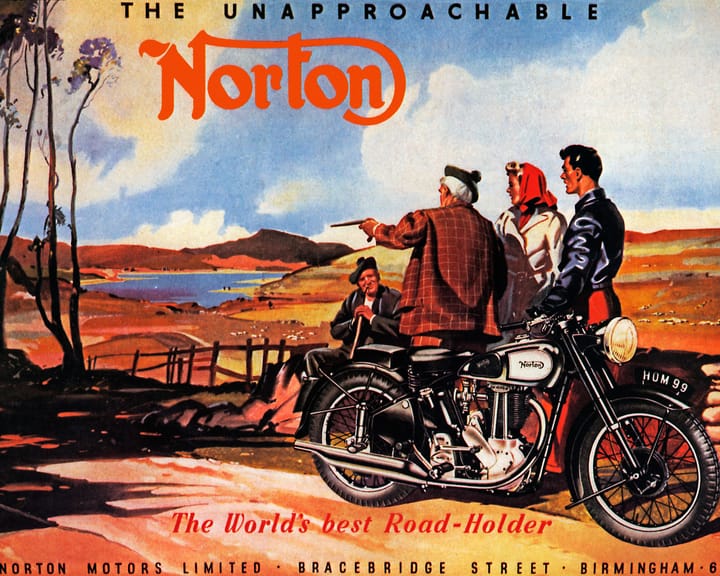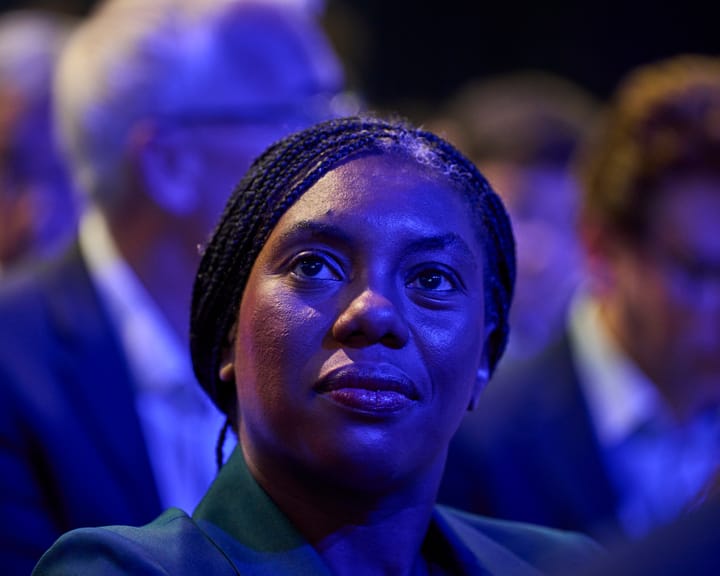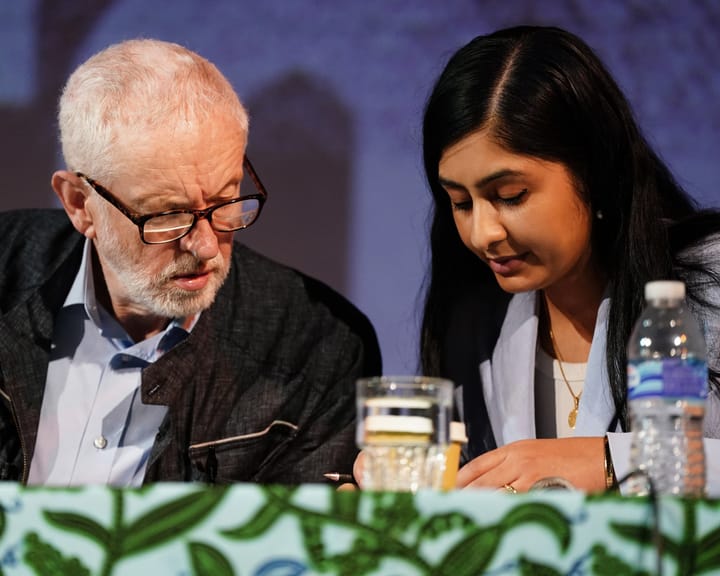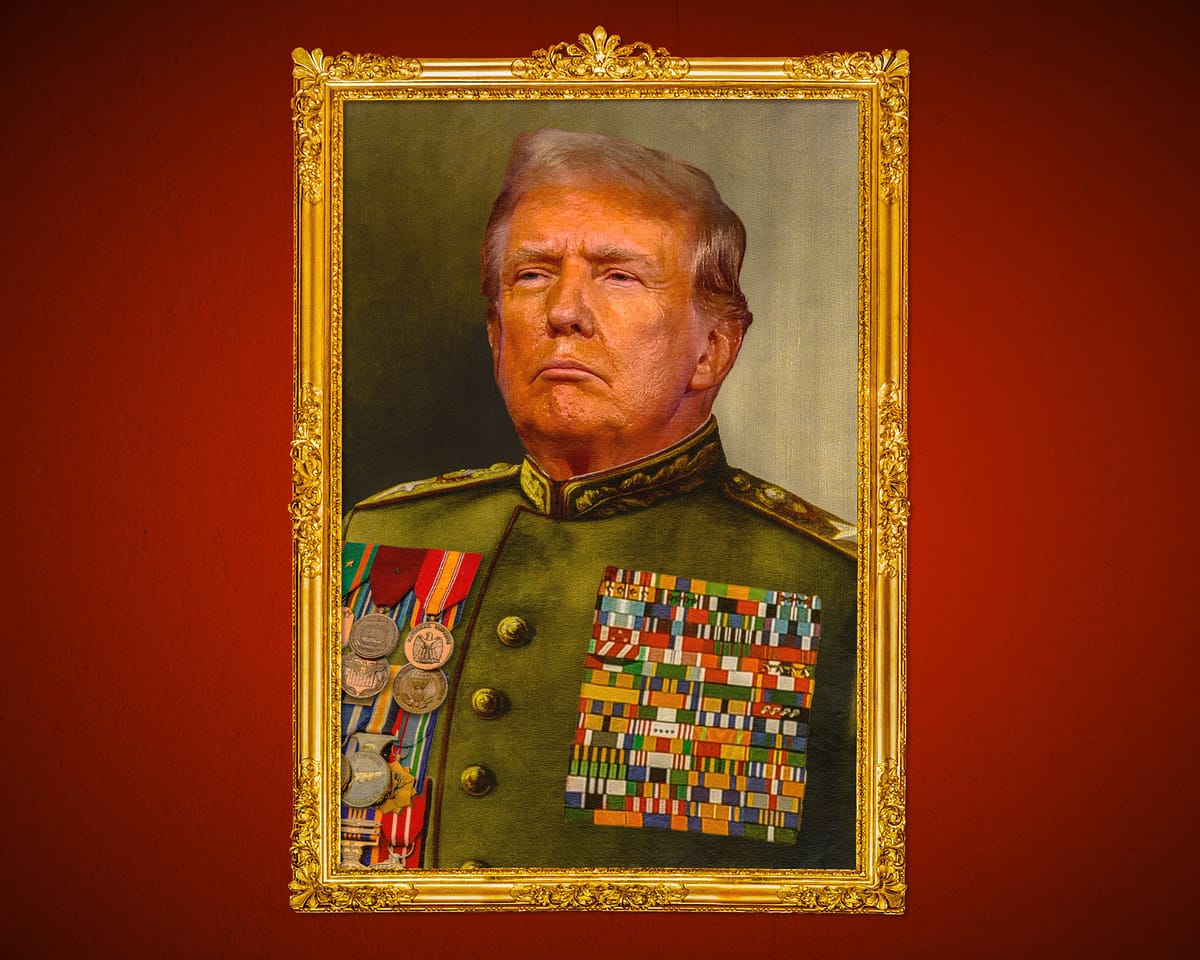Justice in Washington, bearing Trump's name in bold letters. Meanwhile, reports emerged that the president has privately expressed admiration for authoritarian leaders, praising their efficiency in getting things done without political opposition.
Critics argue that Trump’s actions—deploying troops to cities, targeting opponents, undermining institutions, and silencing dissent—align with those of autocratic leaders. His disregard for checks and balances, combined with his party’s unwillingness to restrain him, has raised concerns about the erosion of democratic norms.
Scheppele noted that while some leaders mask their authoritarian tendencies, Trump appears indifferent to comparisons with historical dictators. “Most would avoid anything reminiscent of past regimes, but he doesn’t seem to care,” she said.
Legal experts and political analysts warn that if such patterns continue, the U.S. could find itself on a troubling path—one that challenges the foundations of its democracy.
When asked for comment, the White House reiterated that the president is committed to upholding the rule of law and dismissed claims of authoritarian behavior as politically motivated attacks.
The debate continues as scrutiny of Trump’s leadership intensifies, leaving many to wonder just how far his approach will go—and what it means for the future of democracy in the U.S.
Read next

"Widow to forfeit half of pension scam compensation to taxes"
The relatives of a man who lost his retirement savings after becoming entangled in the Norton Motorcycles pension scheme fraud are set to forfeit nearly half of their compensation due to an obscure tax regulation.
After a prolonged effort to secure payment from the Fraud Compensation Fund (FCF), Robert Dewar’

"Has Kemi Badenoch Ended One Nation Conservatism?"
In one interpretation of the Conservative Party's electoral successes, its last three victorious leaders—John Major, David Cameron, and Boris Johnson—each entered Downing Street promoting unity and broad-based principles.
However, this year's gathering of Conservative members has been defined by tougher language on asylum policies

Zarah Sultana and Corbyn reconcile, poised to co-lead new party
Zarah Sultana and Jeremy Corbyn Reconcile Ahead of New Political Group Launch
Zarah Sultana has stated that she and Jeremy Corbyn have resolved tensions in their joint leadership of a new political initiative, comparing their dynamic to that of the Gallagher brothers from Oasis.
Speaking alongside Corbyn at the *World

